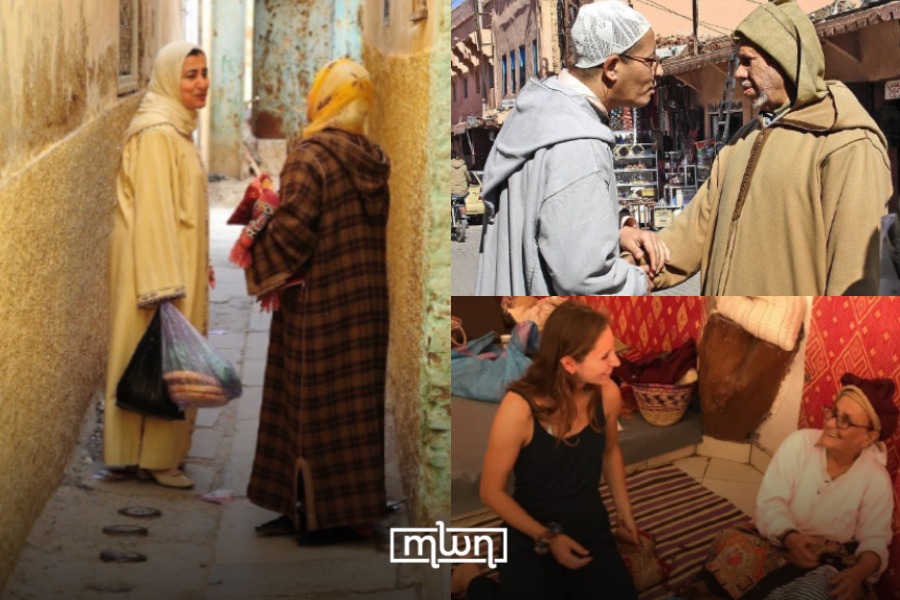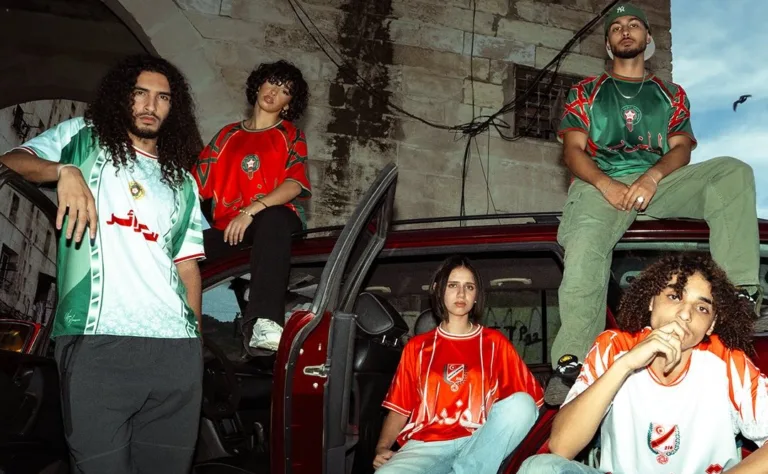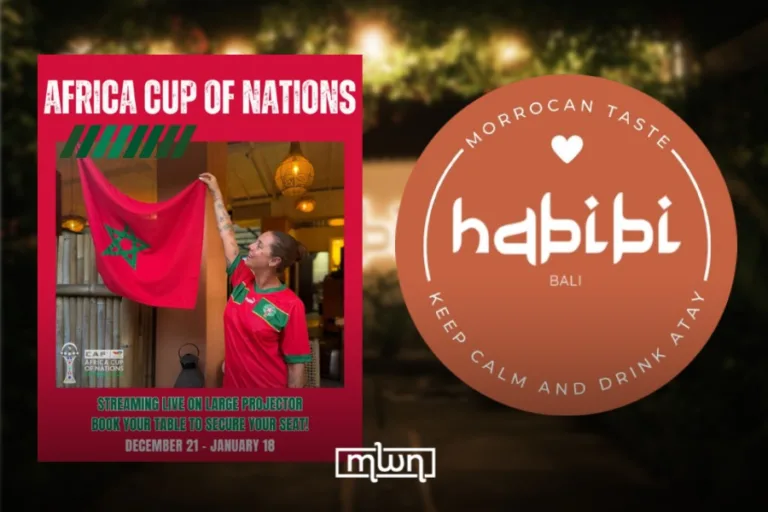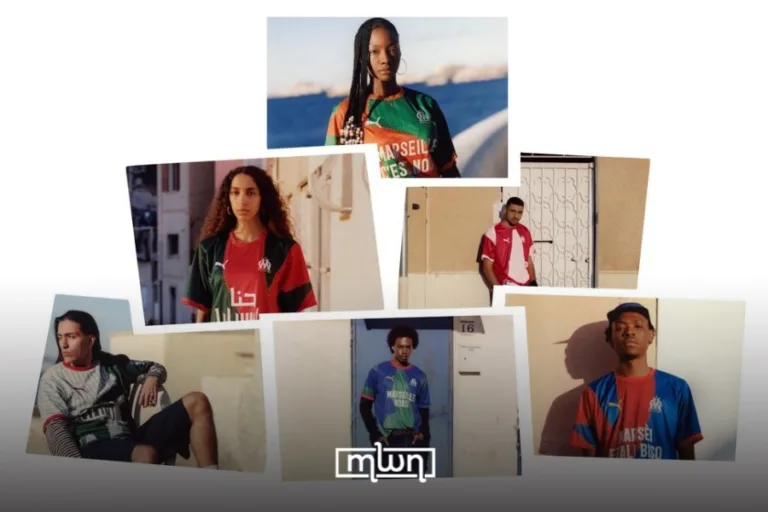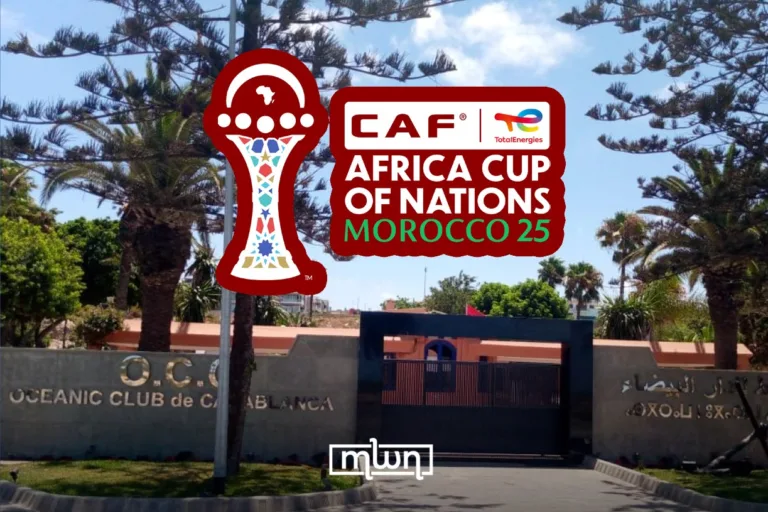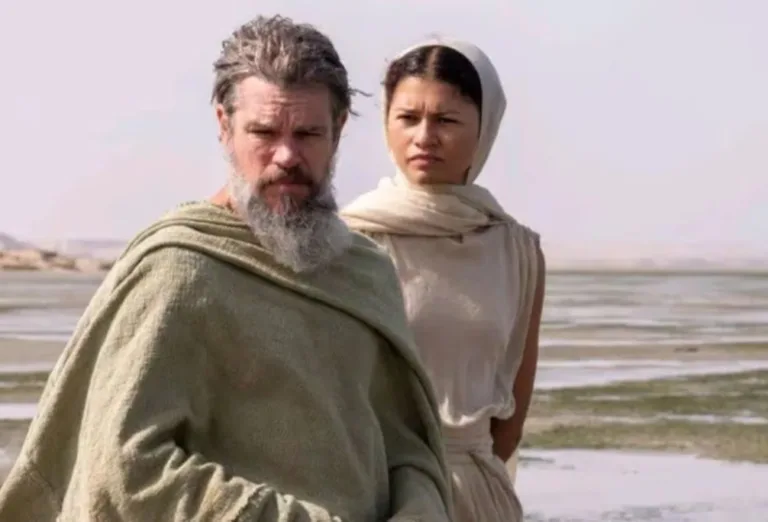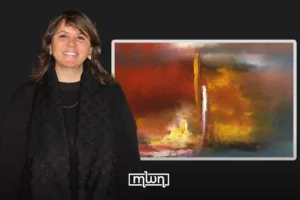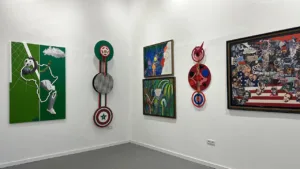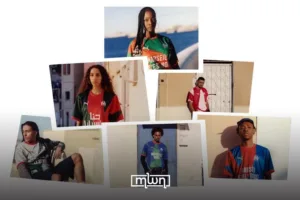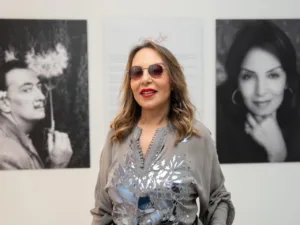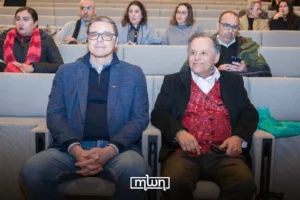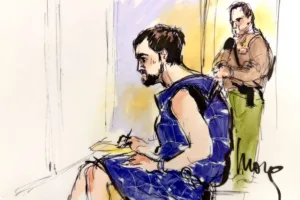There’s something truly unique about Morocco — something you notice in the small, everyday interactions.
Marrakech – In a world that often feels rushed, disconnected, or transactional, Morocco feels different.
It’s the way strangers step in to help, no questions asked, even when they don’t know you.
Whether you’re a tourist wandering the winding streets of Marrakech or a local navigating the daily bustle, the Moroccan approach to kindness and community is unmistakable.
If you need help, you don’t have to ask twice — actually, you might not even have to ask at all.
This openness to assist stems from a cultural value deeply rooted in Moroccan society, known as “diyafa” in Darija, or hospitality.
It’s not just about hosting someone in your home; it’s a way of life. Helping others — even total strangers — is seen as a moral and social duty.
In Morocco, the concept of “”baraka (blessing) plays a role here, too.
Helping someone is considered a way to bring blessings into one’s life, creating a ripple effect of goodness.
Take, for instance, something as simple as asking for directions.
In Morocco, the response is rarely just pointing you in the right direction. Instead, you’ll often find someone walking alongside you to ensure you don’t get lost.
If the journey takes a while, they’ll likely ask about your day, where you’re from, and maybe even recommend the best spots to visit or where to grab a meal.
It’s personal, thoughtful, and utterly genuine.
Transportation troubles? Don’t be surprised if a passerby negotiates with a taxi driver on your behalf to get you a fair price.
Shopping in the market? A shopkeeper might spend extra time explaining the quality of a product, even if you’re clearly just browsing.
These are not isolated incidents — they’re everyday examples of a collective mindset that Moroccans hold in which they prioritizes helping others.
It’s not just limited to tourists, either. Moroccans extend this generosity to one another constantly.
Whether it’s offering a ride to someone waiting at a bus stop or inviting a colleague to join in a family meal, the culture of care and consideration transcends age, background, and circumstance.
This attitude is especially striking in a time when individualism often takes center stage.
In Morocco, it’s a reminder that human connection is still alive and well.
The kindness you experience isn’t about showmanship or expecting something in return — it’s about doing what feels right, about being part of a larger community.
So if you ever find yourself in Morocco, lost, stranded, or simply unsure of what to do, don’t worry.
Help will come — likely with a smile, a story, and maybe even a cup of tea. That’s just the Moroccan way.

